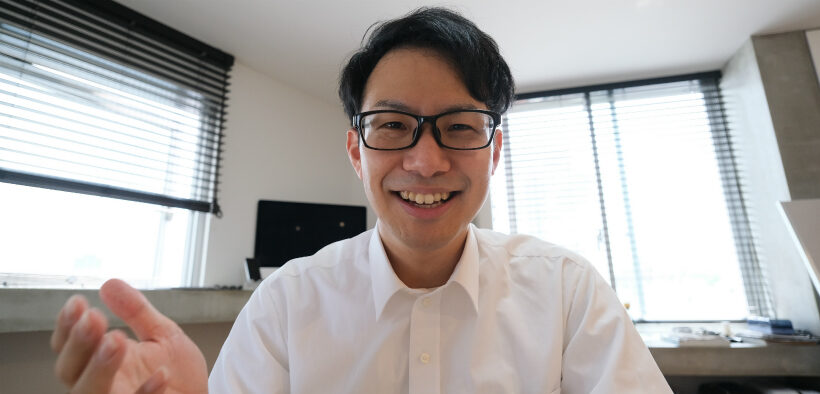Experience shows that online courses naturally lend themselves to more self-disclosure on the part of faculty and students than face-to-face courses do, possibly due to the increased quantity of discussion. Most large lecture courses have little if any discussion, and while smaller classes may have more discussion, it tends to be students answering direct questions from and speaking to the instructor. By contrast, the lack of a physical classroom of chairs all facing the instructor leads to online students speaking directly to one another in discussion. Plus, there are no time limits to discussion, allowing for more and deeper conversation.
Self-Disclosure in Online Courses

Related Articles
I have two loves: teaching and learning. Although I love them for different reasons, I’ve been passionate about...
Could doodles, sketches, and stick figures help to keep the college reading apocalypse at bay?...
We’ve all faced it: the daunting stack of student work, each submission representing hours of potential grading. The...
Storytelling is one of the most powerful means of communication as it can captivate the audience, improving retention...
For some of us, it takes some time to get into the swing of summer. Some of us...
About a year ago, I decided to combine the ideas of a syllabus activity and a get-to-know-students activity....
The use of AI in higher education is growing, but many faculty members are still looking for ways...








